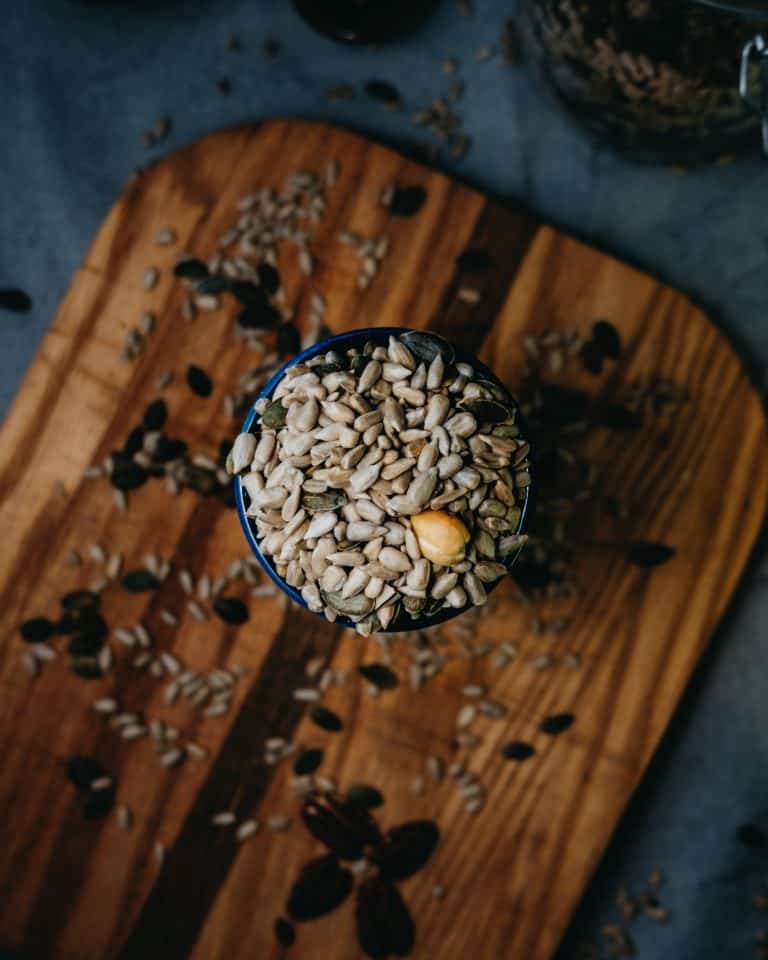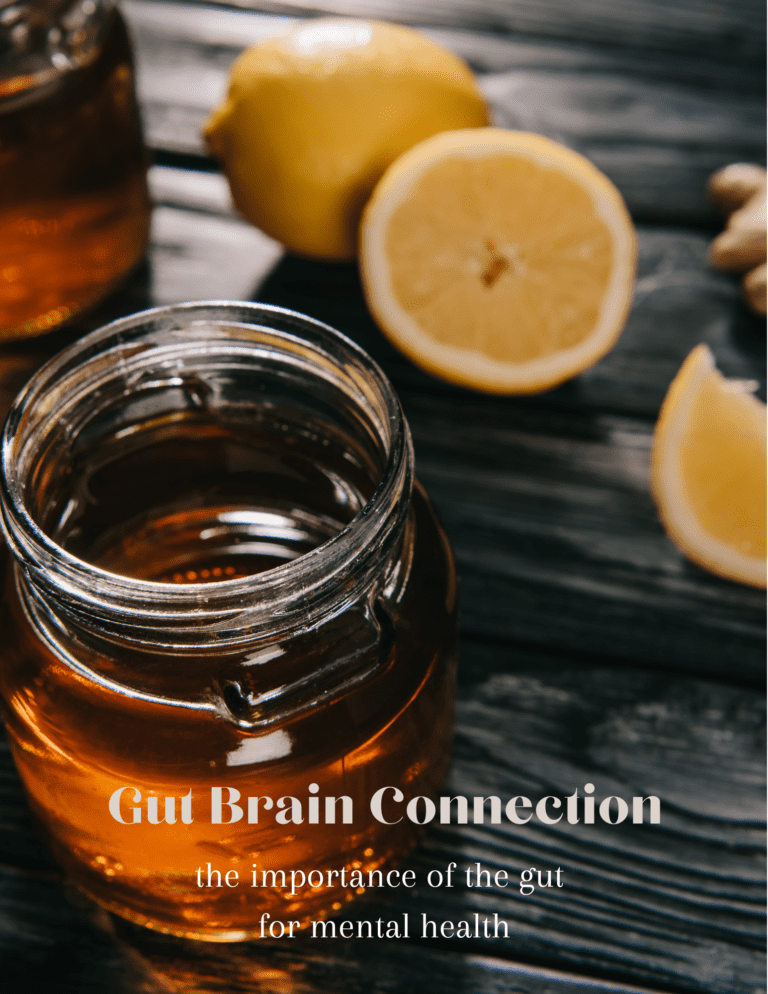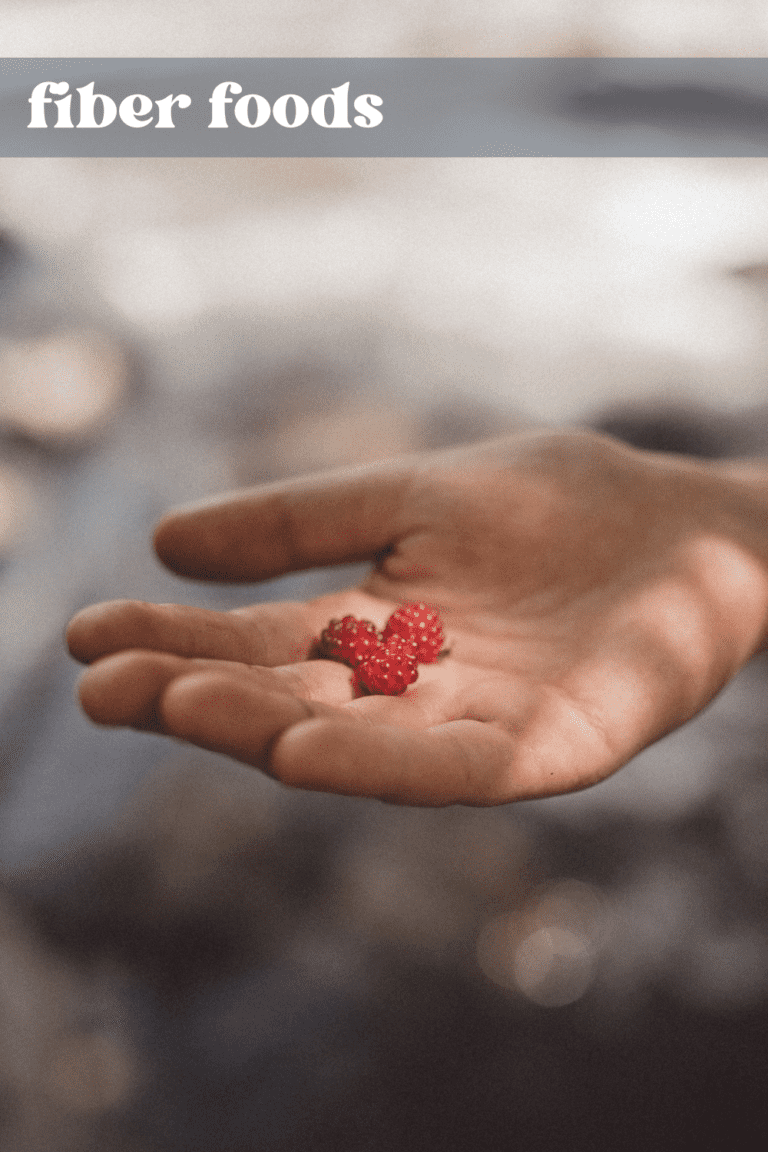What if the secret to weight loss was the gut?
What if we’ve been treating obesity wrong by telling people to just decrease their portions and exercise, which is actually way harder to sustain?
As I learn more about the gut and the microbiome, I’ve started to put together that our gut bacteria essentially driving the car, along with the brain, of our health.
We know already that people with obesity have a higher percentage of the bacteria Firmicutes (1).
Those who exercise and eat a healthier diet have a higher percentage of Bacteroidetes (1).
If that’s truly the case, then why aren’t we targeting the gut bacteria to improve health outcomes rather than just prescribing band aids?
Did you know that studies on rats have shown successful results with fecal transplants in obese subjects?? (1) Yes, I mean transferring poop, aka, bacteria.
Here are 5 facts you should know about the gut and weight loss:
Consistent exercise changes the microbiome and aides in weight loss.
The type of exercise is not really what matters, but the length of time does. Over time, as you exercise regularly, the microbiome adapts to physical activity and those long-term effects are what really promotes diversity and long lasting health changes in the gut.
Endurance exercise was shown to help improve the immune response, improve gut permeability, and improve gut motility (movement), which helps flush out the loose bacteria to make room for new guys (1).
High intensity exercise was actually shown to increase gut permeability and oxidative stress, but that these affects subside pretty quickly (1).
I’m not sure whether or not intense exercise over the long term would do more damage than good, but it doesn’t seem likely. Any exercise is good exercise to promote a healthy weight and gut.
Fiber is everything.
Legit, fiber is king here. Fiber is one of those things that just sounds unappealing and not a revolutionary area of discovery, but it’s proving to be such an important player in our health. The Western diet (aka American diet) is notoriously low in fiber. We are really slacking here in the fiber department.
Most of that can be contributed to the fast, convenience foods and the food production practices in America.
Remember those “prebiotics” that I’ve drilled into the ground in previous posts?
Yeah, well we get them from fiber and they are SO important. Our guts produce short chain fatty acids from that fiber and that is what helps promote lipolysis (or the breakdown of fat) (1).
Increase in lipolysis = Fat loss
On top of that, fiber just boasts a whole array of benefits. It improves cholesterol, lean body mass, insulin resistance, and so on… I mean, I really feel like this is the underdog here that we need to start putting on its own pedestal.
Want to know the simplest way to get enough fiber? Just fill half your plate at meals with veggies. Easy.
I tend to advise people to not use fiber supplements unless absolutely necessary. A lot of those “fiber” bars are filled with things like chicory root and inulin, which don’t provide nearly the same benefits as whole food fiber.
Antibiotic use in children may be contributing to obesity.
I find this so interesting because antibiotics were once used like candy. We all agreed they were revolutionary in treating infections. And they are! When they are used appropriately. Unfortunately, they started getting used much more loosely and can actually screw up the microbiome.
Studies have actually linked antibiotic use to obesity in kids! (1) And like I’ve mentioned before, it’s harder to completely change your microbiome as an adult. So, it’s important to really focus on our children’s gut bacteria and limit the over use of antibiotics.
Portion control isn’t always the answer.
I’d be lying to you if I said that every overweight person eats huge portions and has poor control of their diet. That is just simply not true and I think dietitians and nutritionists are doing the public a disservice if they try to convince people that portion control is the answer.
Does it help? Yes.
Is it sustainable? Probably not.
Luckily, a lot of great dietitians/nutritionists I know have moved away from portion control and really have started to focus on each individual need.
Portion control is a start, but what I really think is important is what we are eating, not necessarily how much.
Gut bacteria can alter your behavior.
It’s well known that gut bacteria can influence anxiety and depression, but did you know the may be influencing what you eat as well (2)?
Like any ecosystem, the strongest survive. Survival of the fittest even plays a role in the gut microbiome.
Though it’s currently hard to distinguish which type of bacteria rules our own guts, there are a few different classes. Four to be exact; that we know of. Each person falls into one of those 4 categories of predominant bacteria (3).
Firmicutes, Bacteroidetes, Actinobacteria, and Proteobacteria (3).
Whichever predominant bacteria you have, the more likely those bacteria will influence what you eat to optimize their survival (3).
As if weight loss wasn’t complicated enough?? Let’s throw a bunch of little controlling microbes into the mix.
The good news is that the more you change your diet, you can actually change the predominant bacteria, which in turn, changes how you eat and what you crave (3).
Sources:
3. Bulsiewicz, Will. Fiber Fueled: the Plant-Based Gut Health Program for Losing Weight, Restoring Your Health, and Optimizing Your Microbiome. Penguin Publishing Group, 2020.



